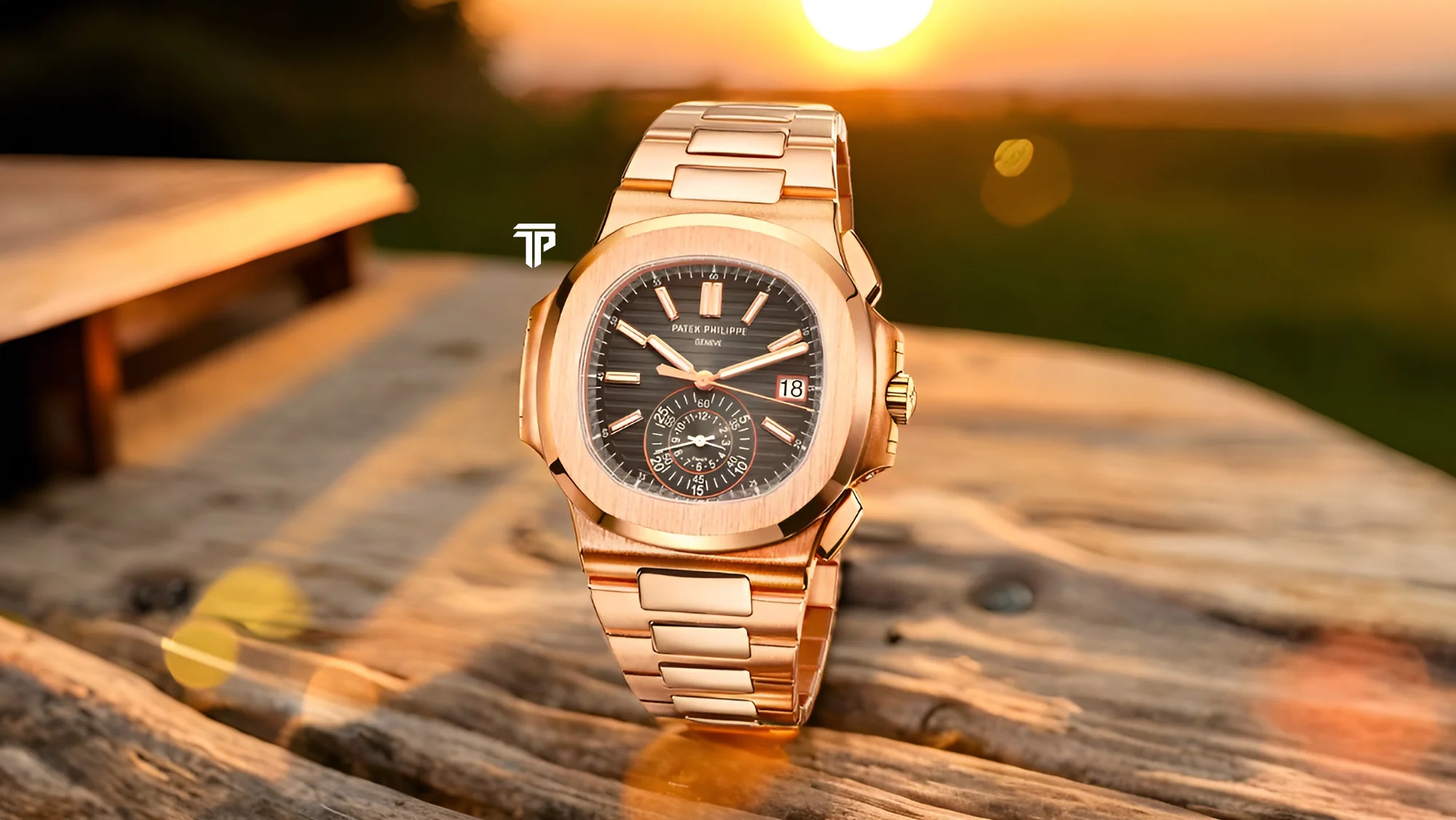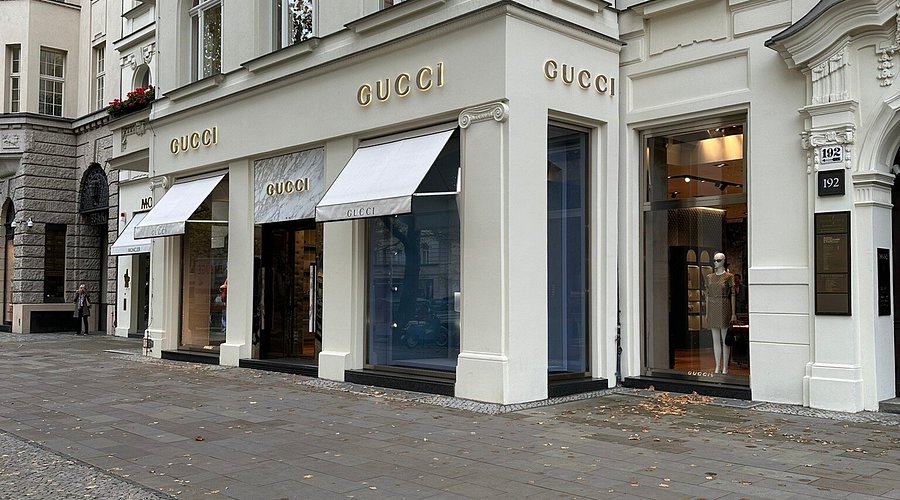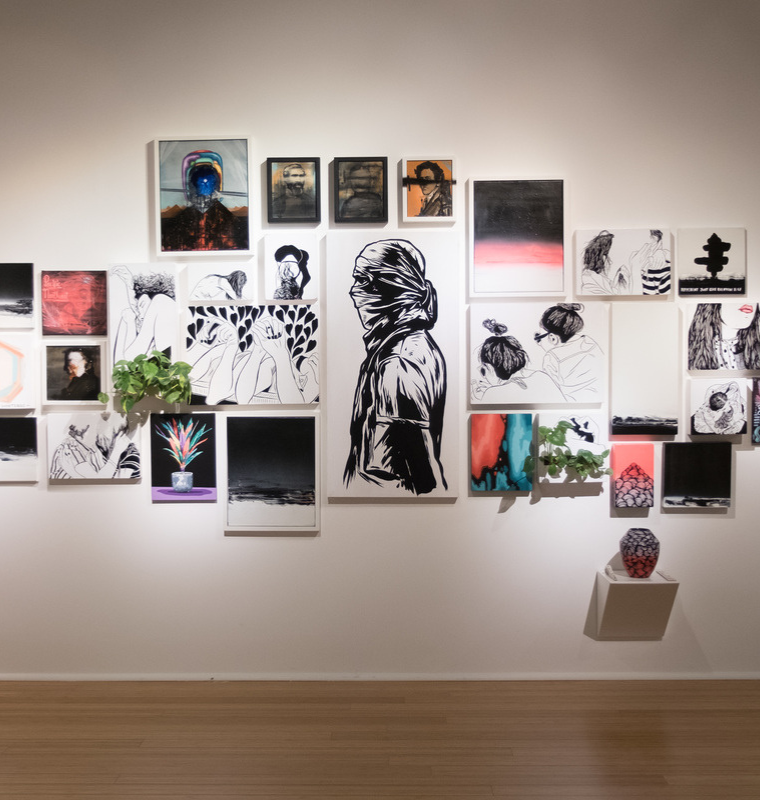Billionaires Begin to Curate Culture as Their Ultimate Status Symbol
By
Sophie Moore
Last updated:
November 4, 2025
First Published:
November 4, 2025

Photo: Incorpuk
The Rise of Cultural Capital
Among the global elite, a new form of prestige is emerging—one that cannot be worn, driven, or easily displayed. The wealthiest individuals are no longer competing through yachts or jewels, but through the careful curation of culture. Collecting art, funding museums, and even shaping public narratives have become the most refined ways to express power. This shift reflects a deeper truth: the highest form of luxury is influence over culture itself.
From Patrons to Cultural Architects
Historically, art and culture have always depended on the patronage of the rich. But today’s billionaires have moved beyond patronage to become active cultural architects. They are not only funding creative projects but deciding which ideas, styles, and artists will define the future. By establishing private museums, art foundations, or digital galleries, they transform personal passion into public legacy. Their tastes, once private indulgences, now ripple through global creative industries.
Art as an Expression of Ideology
For many modern billionaires, art has become a form of storytelling. Every acquisition reflects not only aesthetic preference but also ideology. Collectors are drawn to works that symbolize innovation, rebellion, or resilience—values that mirror their own journeys. Through their collections, they project personal philosophies and reshape collective perspectives. In this sense, art is no longer just a financial asset; it is an instrument of identity and soft power.
The Power of Private Museums
Private museums have become the new frontier of status. They serve as both sanctuaries of beauty and symbols of influence. Spaces like these allow billionaires to showcase curated visions of art and history, often rivaling national institutions in quality and scale. By opening them to the public, they blur the line between philanthropy and power. Every exhibition, every commissioned piece, becomes a way to mold public taste and cultural memory.
Philanthropy as a Legacy Tool
Cultural philanthropy has evolved from simple charity into a refined form of legacy building. Wealthy individuals are funding scholarships for young artists, sponsoring cultural festivals, and restoring historic landmarks. These acts of generosity strengthen their cultural footprint while enhancing their moral stature. The fusion of wealth and cultural preservation creates a narrative of responsibility—an image of refined power that endures long after material possessions fade.
Shaping Narratives Through Media and Design
The influence of billionaires extends far beyond galleries. Through media investments, design collaborations, and creative ventures, they shape the tone of contemporary culture. Owning or backing influential publications, production studios, or design houses allows them to steer conversations and aesthetics on a global scale. In this way, they curate not just art but the stories society tells about progress, beauty, and aspiration.
The New Age of Cultural Competition
In elite circles, culture has become a currency of its own. Invitations to exclusive art fairs, private viewings, and intellectual salons are now as coveted as traditional luxury experiences. The competition is no longer about who can spend the most but who can contribute the most meaningfully to the cultural landscape. This shift has given rise to a quiet but intense rivalry—one fought not in markets but in museums and ateliers.
Technology and the Expansion of Taste
Digital platforms have opened new dimensions for cultural expression. Billionaires are investing in digital art, NFTs, and immersive cultural experiences that blend technology with creativity. This democratization of culture allows them to reach audiences beyond traditional institutions. Yet even in this space, exclusivity remains. Ownership of a rare digital artwork or funding of a virtual exhibition signals modernity and foresight—the qualities most admired in today’s luxury world.
Cultural Curators as Global Influencers
The wealthy individuals shaping culture today are not merely collectors—they are influencers of global thought. Their foundations and creative projects often define the themes that dominate international discourse, from sustainability in fashion to ethics in technology. The choices they make echo across industries, guiding trends and redefining luxury itself. Their cultural influence becomes their most enduring legacy, more powerful than any possession.
When Taste Becomes Power
The modern billionaire understands that culture is the only true currency that never loses value. Money can purchase almost anything, but taste—authentic, informed, and visionary—cannot be bought overnight. The ability to recognize and nurture beauty, to give meaning to wealth through creation and preservation, is what now distinguishes the truly powerful from the merely rich. In this quiet cultural renaissance, influence has replaced excess, and taste has become the ultimate measure of success.
Subscribe to unlock premium content
Sed at tellus, pharetra lacus, aenean risus non nisl ultricies commodo diam aliquet arcu enim eu leo porttitor habitasse adipiscing porttitor varius ultricies facilisis viverra lacus neque.
A comprehensive guide on Agile development

10 Productivity tools that are worth checking out

Top 7 Must have management tools for productivity

A comprehensive guide on Agile development

10 Productivity tools that are worth checking out

A comprehensive guide on Agile development









